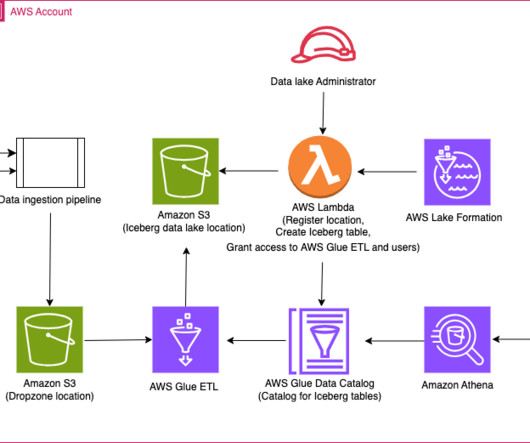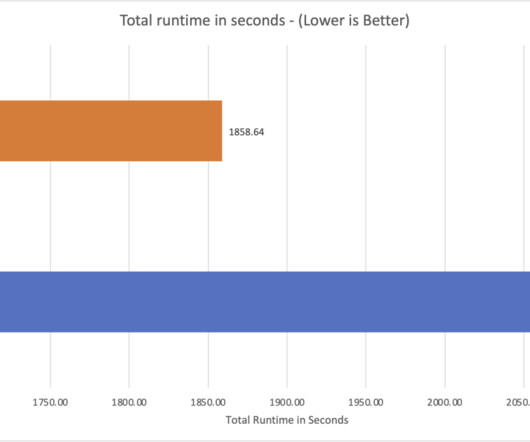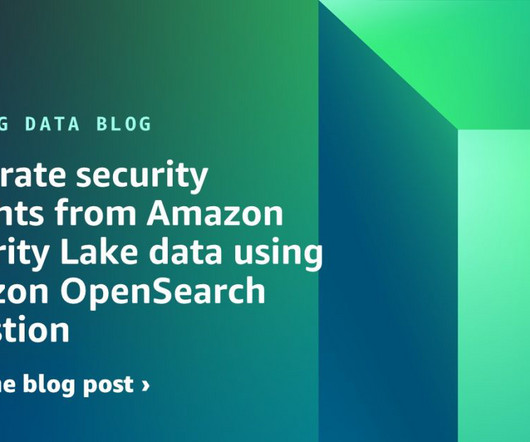Use AWS Glue ETL to perform merge, partition evolution, and schema evolution on Apache Iceberg
AWS Big Data
MARCH 4, 2024
As enterprises collect increasing amounts of data from various sources, the structure and organization of that data often need to change over time to meet evolving analytical needs. This is critical for fast-moving enterprises to augment data structures to support new use cases. This hampers agility and time to insight.














Let's personalize your content